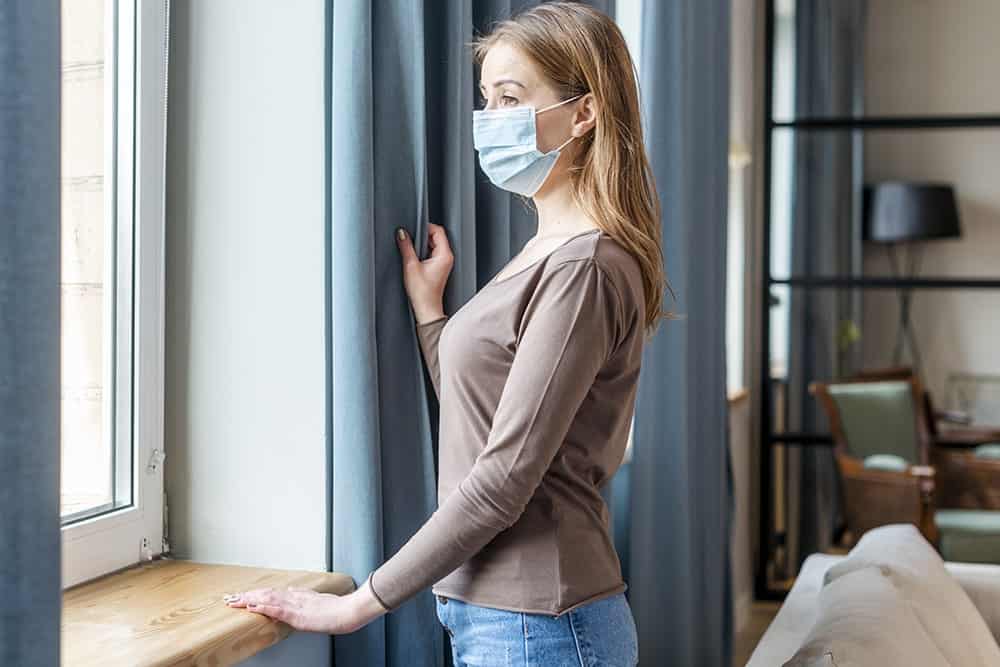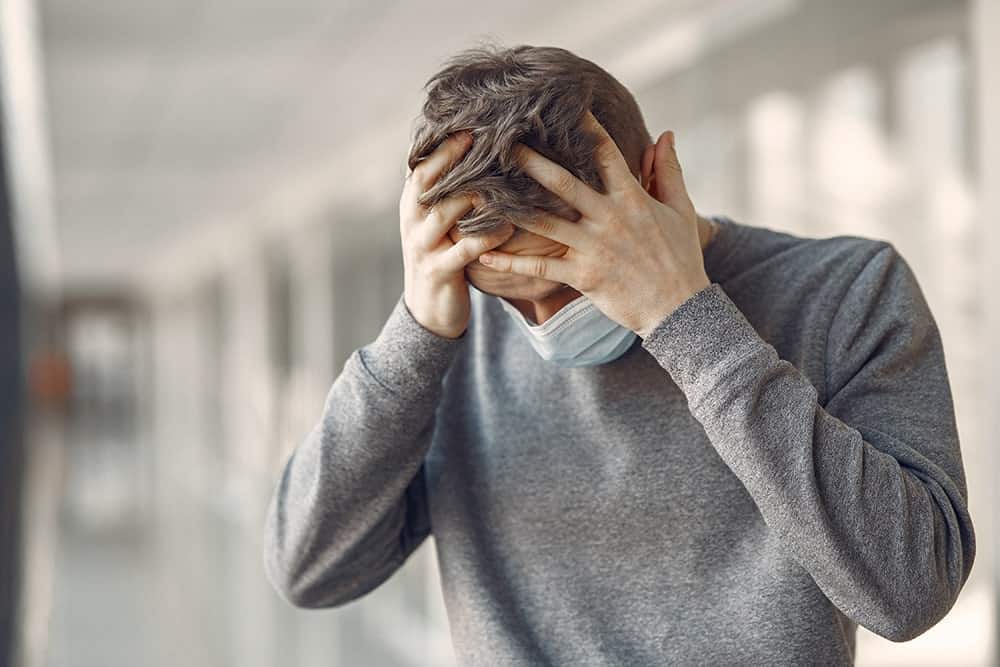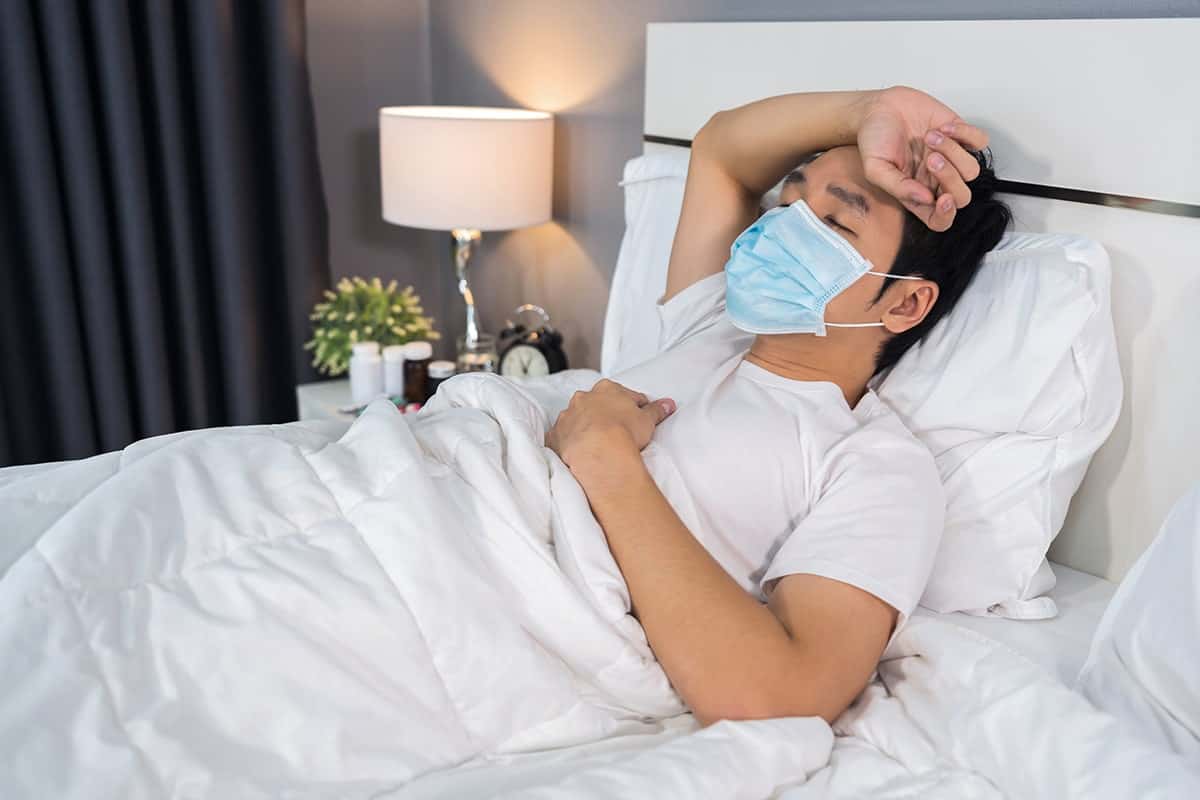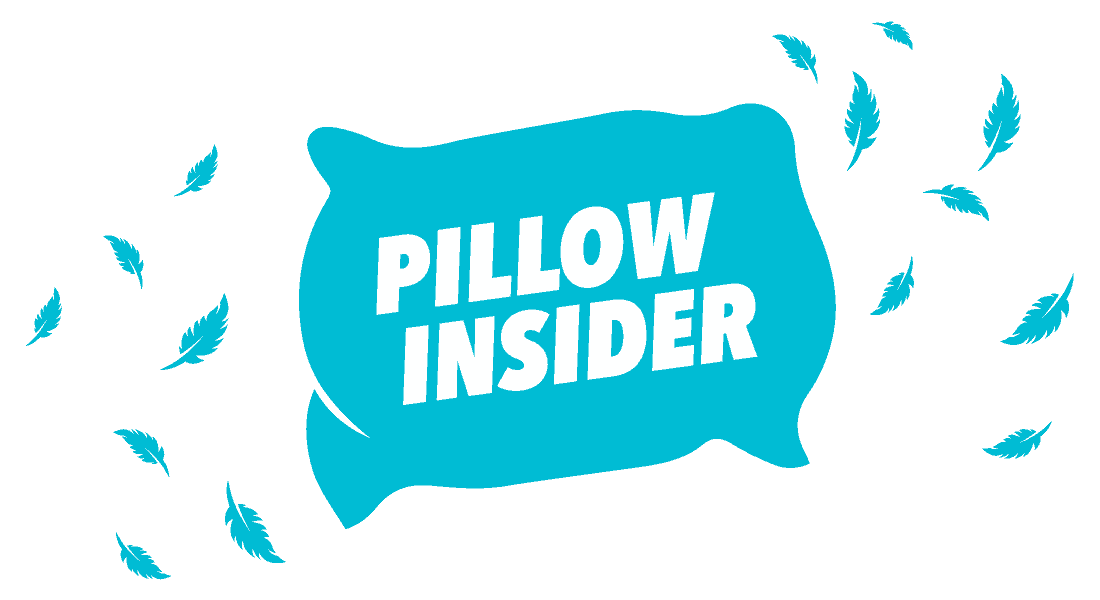Coronavirus pandemic has been detrimental to the sleeping patterns around the globe. The entire routine of the world population has flipped upside down.
Be it about the money crisis, fear of downsizing at workplace, the persistent prattle of the news and social media or poor performance of the government, the pandemic is slowly making our subconscious a hellish place. Sleep is meant for relaxation, to let our body heal of the distress but being occupied with countless worries is like kicking a flight or fight reaction in the sleeping momentum.
We recently did a survey to study the impact of COVID-19 on sleep patterns and the results were shocking. Let’s take a look at some of the primary reasons that have been the main reason behind disturbed sleep patterns.
1. Financial Stress
According to the Global financial stability report, the financial market has suffered severe blows in many industrial and tertiary sectors, affecting banking and cash inflows in the economy among other things.
Although this is on the macro level, every individual has been feeling mental turmoil about their future as more and more businesses are filing for bankruptcies, laying thousands of workers off.
People unequipped with skills to earn money through other means is another dilemma. In developing countries, there is less financial support from the government. All of these account for unprecedented psychological strains, perpetuating a sleeping schedule that makes no sense to the brain. Either there is no sleep or too much sleep, or sleep with intervals caused by frequent anxiety episodes.
Too much sleep is caused by the ‘escape’ mode in order to forget the elephant in the room; the financial crisis, and too less of a sleep is predisposed by not being in control of things and fearing about the future like homelessness.
2. Physical Isolation

‘Man is a social animal’, Aristotle once said and we can’t agree on how true it is in the present scenario.
People are removed from the usual environment, receiving no external stimuli and have very disturbed sleeping routines. This is because being out there in the world makes a routine for the mind; you experience emotions and you have commitments to fulfill for which you make physical effort.
The social routine pushes you to get ample and timely rest as you look forward to the next day. Isolation disrupts this pattern as you spend more time in the house, not experiencing much social life other than depressing tittle-tattle on the news.
Our of 1392 participants from our recently conducted survey, more than 35% of the respondents attributed their sleep disruption to physical isolation which is pretty serious. Staying in isolation for longer periods makes you more focused on your worries, forcing you to sleep late at night.
3. Inadequate Exposure to Sunlight
It’s common knowledge that the sleeping and waking cycle is regulated by the circadian rhythm; the day and night exposure which signals your brain to sleep. While you spend time indoors, your brain does not receive those regulators to make the calculations for a healthy sleeping routine.
According to Sleep Research Society, the morning light is extremely important to signal the body clock and also improve alertness.
Staying indoors way too much does the exact opposite. If it’s night or day, your brain doesn’t know unless it sees it. So most people who wake up, for example, even in the afternoon and don’t go outside will have a hard time correcting their sleeping order.
4. Increased Screen Time
Let’s give some credit to our mobile phones that allow us some ‘virtual’ social life. But things can work even with moderation. The increased screen time has stupendously affected the sleeping patterns of people of every age.
Based on our survey findings, we discovered that more than 50% of the respondents had disturbed sleeping patterns due to increased screen time.
With online classes, zoom meetings, increased activity in the online world, high work demand online and office work from home, the screen time has gone out of control. It is dangerous for your sleep because you are constantly exposed to blue light, which interrupts the production of Melatonin – a hormone that regulates the sleep–wake cycle.
5. Increased Stress Levels

The news media often presents an exaggerated narrative which is devastating for a viewer’s emotional health. The more we consume it, the more our sleep is consumed by it. When a person watches pandemic related news too much, it creates an information overload. And this is affecting sleeping patterns in almost all countries.
Being constantly warned by media experts to take precautions and updating about the rising COVID-19 cases and deaths raises the anxiety levels and makes it hard to sleep at night. Even if someone does get some sleep, the unprocessed information sitting in their subconscious will make them wake up more often during night.
6. Worrying About Loved Ones
The fear of losing your loved ones at the hands of Coronavirus is the worst thing to imagine. The news trigger the mind to paint even a more disturbing picture which hunts people in the bed. It gets even worse if those thoughts are not shared with someone. The mind is constantly reeling that imagery specifically if you are isolated.
These fears and images put a lot of stress on your sleeping patterns. It’s considerably worse if you already have someone in the family or friends infected with COVID-19.
7. Bad Dreams
Doctors have coined a new name called the Coronavirus Pandemic dreams. According to psychologist Dr. Emily Dickisnon, there have been reports of people experiencing metaphoric dreams which includes bugs, zombies, natural disasters, shadowy figures, monsters or mass shooters.
Also people have been dreaming consistently of dying from pandemic. Since virus itself is intangible and cannot be seen with the naked eye, what the fear does to your brain is that it represents the danger of the disease symbolically.
Nightmares are becoming more common with all the factors of pandemic combined, which is badly affecting the sleeping patterns.

Are There People Who Are Getting More Sleep Amidst Covid-19?
While some people have wrecked sleeping patterns, which makes them sleep less, there are others who are sleeping more. This group includes those who had pre-disrupted cycles as they had to to commute to work daily.
Since now they work from home or visit the office on alternate days, they have a chance to complete their sleep more than they used to. Also students sleep more as they feel that once their routine starts, they wouldn’t get as much sleep. There is also another group of people that sleeps more only to counter their depression and loneliness of being stuck in home.
